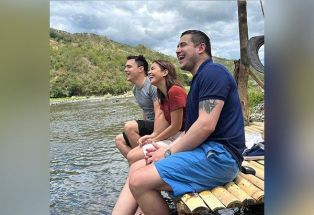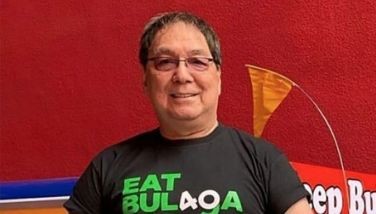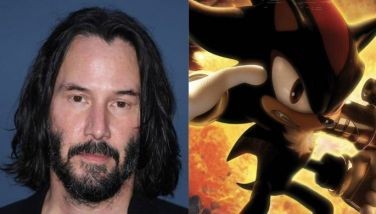Tales from Holocaust survivors who escaped to Manila

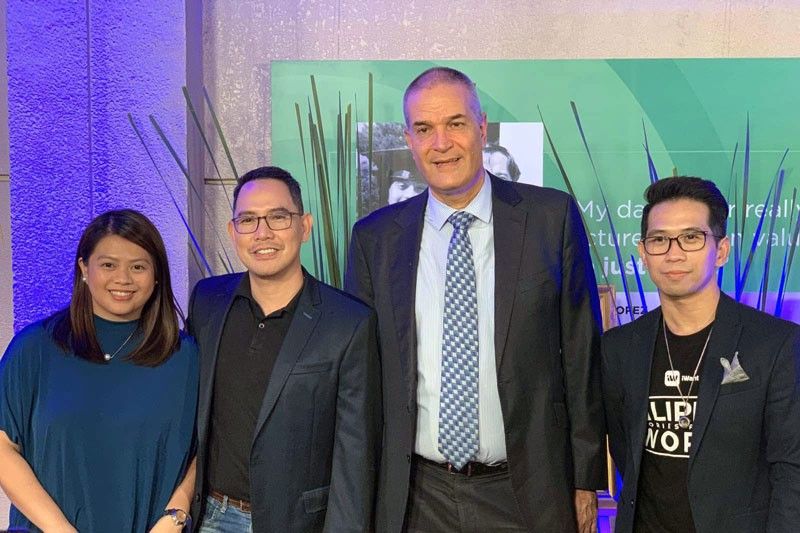
Any Filipino will feel proud after watching iWant’s The Last Manilaners, a documentary about Jewish refugees who found a home in the Philippines to escape the Nazi regime.
It is a story of gratitude, of compassion, and of doing what is right, no matter the risk. It is a part of Philippine history that people can learn from especially in today’s increasingly divided world.
The documentary is loaded with sharp and heartwarming anecdotes from three Jewish refugees who call themselves Manilaners: Max Weissler, now 90, and Lotte Hershfield and Margot Pins Kestenbaum, both 89.
In the docu, they share pieces of their lives in 1930s to 40s Manila, from going to school and making friends to surviving World War II and having to leave the Philippines.
We encourage you to watch the stirring iWant docu, but if you don’t have the time just yet, here’s a quick rundown of the new things we learned from the three Manilaners (spoiler alert):
1. The Manilaners did not know about the Holocaust while it was happening in Europe
The Manilaners living in the Philippines were clueless about the Holocaust or the systematic killing of Jews that would later horrify the whole world. This was due to the fact that during the Japanese invasion in the early 1940s, there was no freedom of the press and the Japanese had full control of the media.
2. The Manilaners suffered the same fate as the Filipinos during World War II
While the Manilaners had been able to escape persecution in Germany, they experienced the wrath of war in Manila during the Japanese occupation. During this time, the Jews were treated the same as the Filipinos were treated by the Japanese. Food and resources were scarce and during that time, that Margot’s mother learned to cook in tin cans.
“There isn’t a question of being Jewish or not Jewish. All of us went through a terrible period of suffering, but the same. But not because we were Jewish… that’s a very important difference. Our lives were equal to those of the Filipinos under the war,” Margot recalled.
3. Many Manilaners joined the Phil-American forces to fight the Japanese due to their gratitude to the Philippines
According to historian Sharon Delmendo, a little known fact in Philippine history is that some of the Jews in the Philippines fought against the Japanese because they were grateful to the Philippines for giving them refuge.
4. The story of the Manilaners is not lost on their kids. And one of them returned the favor by helping in the aftermath of supertyphoon Yolanda
Danny Pins, Margot’s son, came to the Philippines in 2013 to supply typhoon relief to the survivors of supertyphoon Yolanda. He even brought a 150-person medical team from the Israeli Defense Forces. To him, it “was like closing a circle.”
“It was my opportunity to thank the Philippines and to thank Quezon for what they did to my family… All my life I think I’ve learned and tried to help others who were immigrants and migrants themselves and refugees. And I think a lot of that is affected because of my mother and my father’s history that they were once refugees,” said Danny.
5. One of the Manilaners chose social work as a career because of her experience in the Philippines
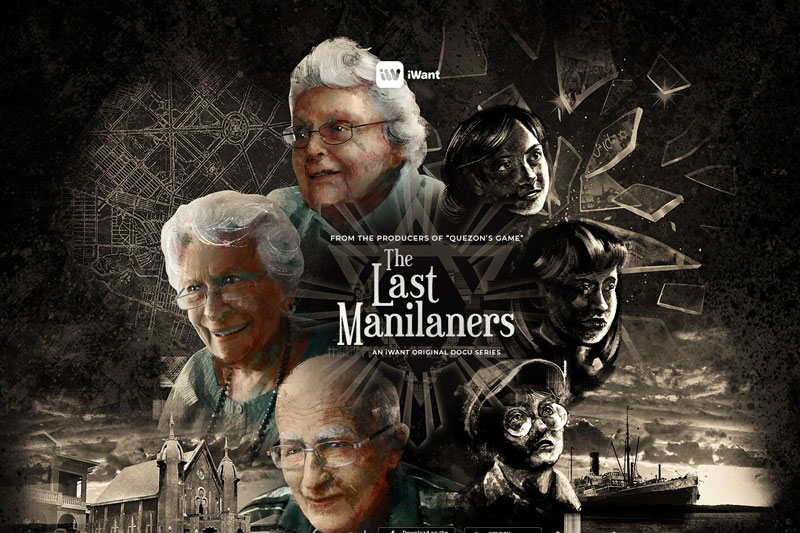
In the docu, the Manilaners had nothing but gratitude for Pres. Manuel L. Quezon, who opened the country’s doors to the Jews when they needed it. This act of kindness shaped their lives, especially Margot, who has a master’s degree in Early Childhood Education and chose a career that would bring her to different countries to help homeless women, poor families and people dealing with trauma.
“I think when we try to look at one of the important values, it is how you as a person are made to feel. That when people care for you, and help you on your way, your self-image and — gives you power. You feel that you’re in charge. And you feel that you’re worth something. And giving a person his self-worth is what I think one of the most important values we got by the way we were treated. And so, that was part of what I try to do when I then continued my career,” revealed Margot.
Watch these uplifting stories of courage and compassion in The Last Manilaners now streaming on the iWant app (iOs and Android) or iwant.ph for free.
- Latest
- Trending















